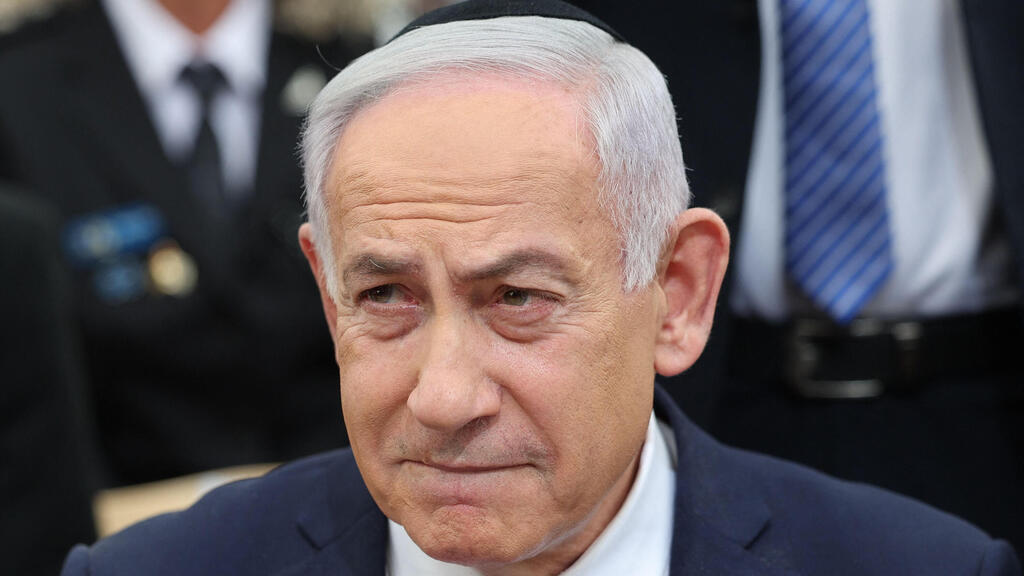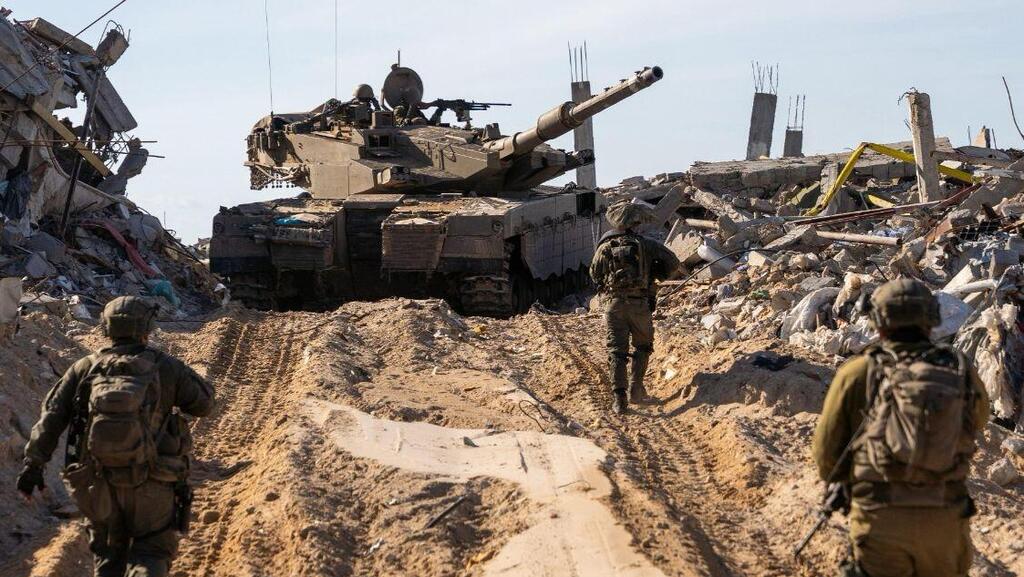Getting your Trinity Audio player ready...
Prime Minister Benjamin Netanyahu held discussions Friday on the continuation of military operations in Gaza. Meanwhile, reports from Saudi Arabia, citing Egyptian sources, say that negotiations for a cease-fire in the Gaza Strip have definitively failed.
The meeting followed Defense Minister Israel Katz and IDF Chief of Staff Eyal Zamir’s approval of plans to expand the military campaign in Gaza. Netanyahu is expected to give his own approval before the plan is presented to the security cabinet on Sunday evening.
Israeli officials said Thursday that negotiations for a hostage deal are nearing exhaustion, and the chances of reaching an agreement appear to be fading. They warned that if Hamas continues to reject the proposed deal, Israel will intensify its military operations.
According to the Saudi news channel Al-Hadath, Egyptian sources claimed that “the attempt to reach a cease-fire has failed.” The sources said Israel had notified mediators that it was rejecting a proposed temporary cease-fire — reportedly a five-year arrangement. They added that Israel has backtracked on several clauses agreed upon in recent days and is insisting on expanding its military operation in Gaza. According to the report, Israel wants its forces to remain in the Strip until the end of the year.
Get the Ynetnews app on your smartphone: Google Play: https://bit.ly/4eJ37pE | Apple App Store: https://bit.ly/3ZL7iNv
However, the Prime Minister’s Office issued a statement Friday evening denying the reports circulating in the Arab media: “The claims that Israel has supposedly rejected the Egyptian proposal presented to it are unfounded. Hamas was and remains the obstacle to a deal.” The statement suggests that Israel has not officially informed Egypt that it is rejecting the proposal. In practice, however, Israel opposes any long-term or permanent cease-fire as long as Hamas remains armed.
The IDF is expected to begin initial phases of the expanded operation in Gaza next week if there is no breakthrough in the talks. In recent days, several reserve commanders have told their units to prepare for an unplanned call-up.
The reservists are expected to be divided into two groups: battalions that will take part in offensive operations deep inside Gaza, and brigades that will replace regular army units being reassigned to lead the new phase of the operation.
The IDF has aimed to limit reserve duty in 2025 to two and a half months per soldier, but this target was already breached about three weeks ago, as first reported by Ynet, when two reserve battalions were summoned for a second round of service this year due to high operational demands. The military stressed this weekend that “the deployment of reservists will be done responsibly and with careful consideration, based solely on professional and operational needs.”



